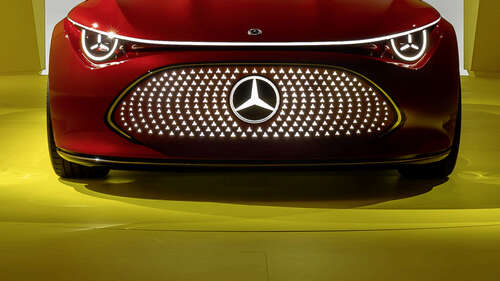
Currently, most electric vehicles rely on lithium-ion batteries or variations of that technology. These have a liquid electrolyte; solid-state batteries, as the name suggests, switch to a solid version of that. The result, among other proposed advantages, is greater power density, a safer cell, and a cheaper battery overall.
The problem is, Markus Schäfer pointed out, actually getting to a production battery that delivers on all three points is taking longer than many in the industry expected. In the meantime, lithium-ion battery development hasn’t been standing still, and significant improvements have been made in areas like energy density.
“There were some very optimistic forecasts a while ago,” the Mercedes CTO said. “It reminds me a little of forecasting autonomous driving. We invested in some cool startups here in the U.S. and Korea in solid-state. And I’m watching the big names in this that came up a few years ago and got the valuation that they got. But for me, it’s a head-to-head race now.”

